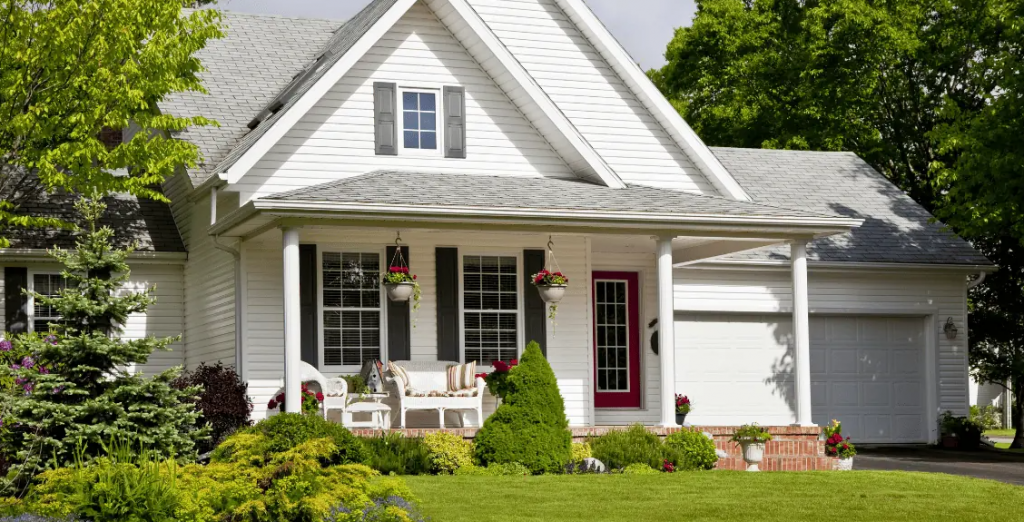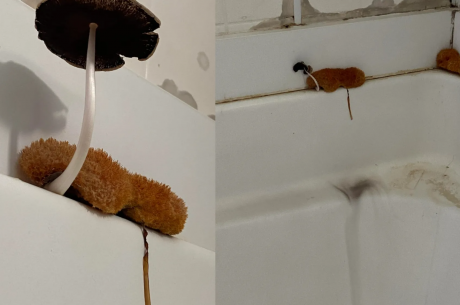
Many Framingham homes—especially those built between the 18th century and the post-colonial expansion—were constructed during an era when basements became increasingly common in New England residential architecture. Originally designed as root cellars, storm shelters, or utility spaces, these below-grade areas were not always built with modern waterproofing or drainage systems in mind. As a result, Framingham homes from this era are uniquely vulnerable to moisture intrusion and structural water issues.
Today, many of these older properties still rely on outdated plumbing infrastructure, minimal exterior grading, and aging septic systems—all of which can contribute to chronic dampness or sudden flooding events. Seasonal challenges only make matters worse. Heavy snow accumulation followed by rapid spring thaw can overwhelm older foundations, while autumn storms often clog under-maintained gutters and downspouts, redirecting water straight toward basement walls. What’s more, post-war housing booms added hundreds of basement-equipped homes to Framingham without necessarily upgrading surrounding drainage or sewer infrastructure. This means even mid-century homes may suffer from water infiltration due to shifting soil, high groundwater tables, or septic overflow during extreme weather events.
For these reasons, understanding the most common causes of water damage is essential. Whether you live in a colonial, a mid-century ranch, or a more modern home, here are six causes of water intrusion and basement flooding remediation Framingham homeowners should actively monitor and prepare for.
- Poor Grading and Foundation Drainage
If your property slopes toward the home, stormwater and runoff may collect around the basement walls. Over time, this water builds up pressure and finds its way through even the smallest foundation cracks. Many Framingham homes, especially those built before modern drainage codes, lack proper landscape grading or French drains to redirect water away from the home. This issue is especially prevalent during the spring thaw or after back-to-back rainy days. - Outdated or Broken Sump Pumps
Without a functioning sump pump, water has nowhere to go. Older Framingham homes often rely on aging pumps that can become clogged, jammed, or fail during storms. Battery backups are also rare in these homes, meaning a power outage during a heavy rain event can lead to instant flooding. Regular testing and professional maintenance are essential to avoid sump pump-related failures. - Leaky Basement Windows
Improperly sealed or cracked window wells allow water to flow directly into the basement. During a downpour, pooling water can quickly overwhelm weak seals or worn window frames. Many homes in Framingham still have single-pane basement windows or rusting window wells, making them vulnerable points of entry during storms. - Plumbing Failures and Pipe Bursts
Old copper and galvanized pipes can corrode and rupture without warning. When this happens in basement ceilings or utility rooms, water damage spreads fast. Winter freezes followed by spring thaws are especially hard on aging pipes, leading to cracks and bursts that require urgent water removal and drying. - Clogged Gutters and Downspouts
Gutters filled with leaves or debris overflow—sending water directly toward your foundation and basement. Many homeowners overlook regular gutter cleaning, particularly in the fall. Over time, this leads to soil erosion and water penetration into basement walls or under slab foundations. - High Groundwater Levels
In areas with rising water tables or saturated soil, basements become vulnerable to pressure-driven leaks and hydrostatic flooding. Framingham’s proximity to ponds, wetlands, and the Sudbury River means some homes are at higher-than-average risk for groundwater-related seepage. Proper sealing and sump systems are essential in these cases to reduce the need for basement flooding remediation.
When flooding strikes your basement, every minute counts. Standing water leads to warped flooring, ruined drywall, and mold growth within hours. That’s why PuroClean of Natick offers rapid-response basement flooding remediation Framingham homeowners can trust.
Our team uses industrial pumps, moisture detection tools, and dehumidifiers to extract water, dry your basement, and prevent secondary damage. We also identify the root cause of your flooding to help you avoid future incidents.
Whether it’s a failed sump pump, clogged gutters, or foundation cracks, we’re here to help. Don’t wait until a small problem turns into a major loss. Call PuroClean of Natick today for reliable, expert basement flooding cleanup Framingham families depend on—available 24/7.



